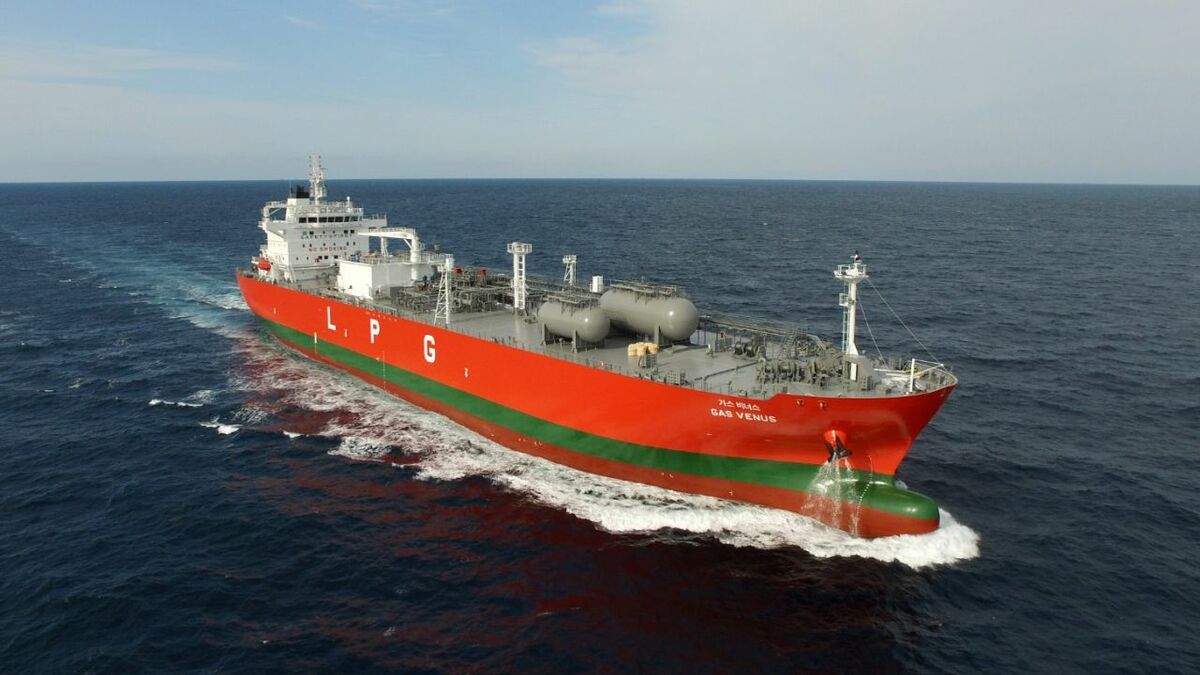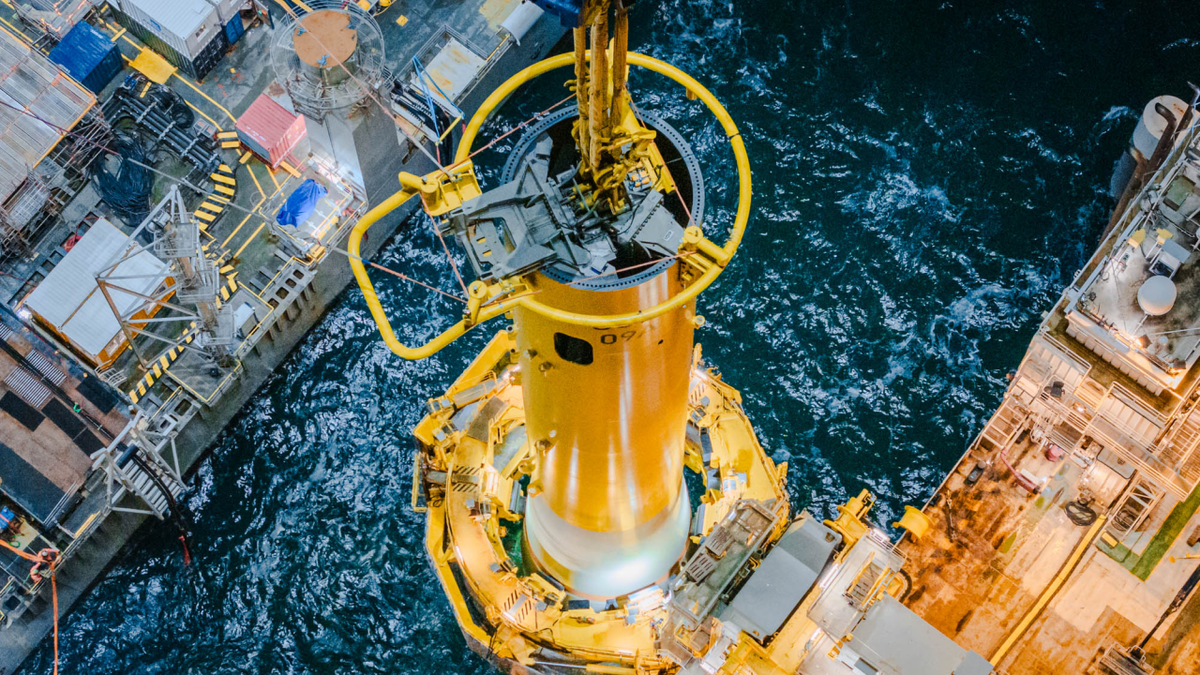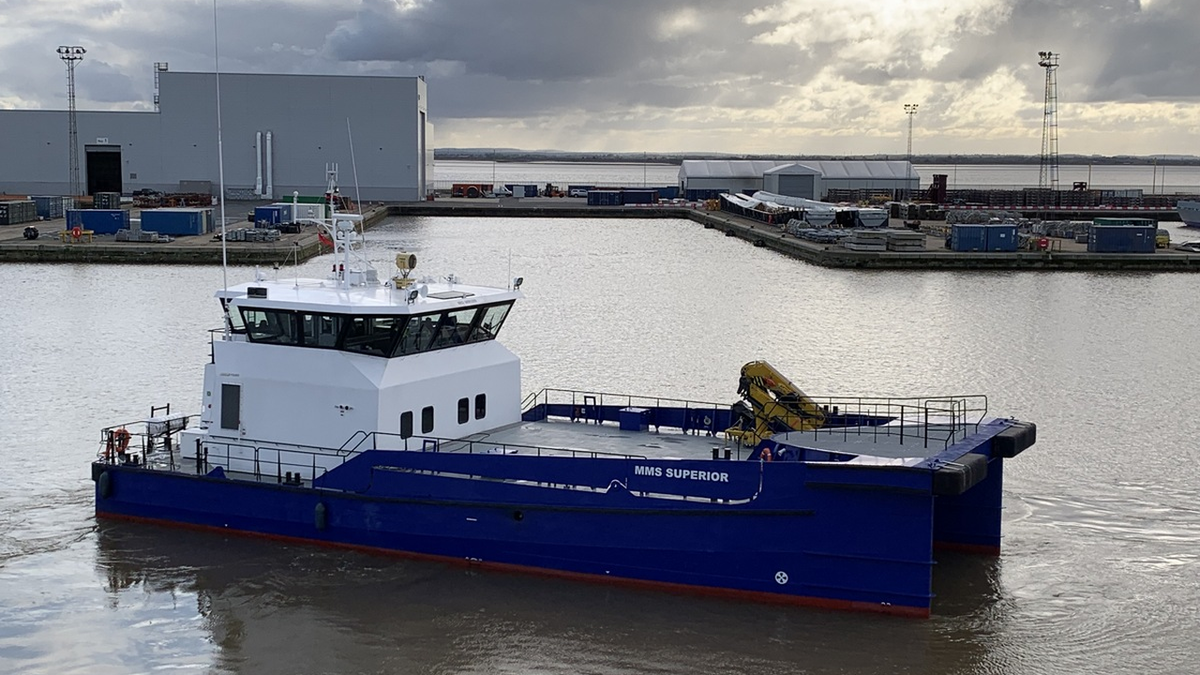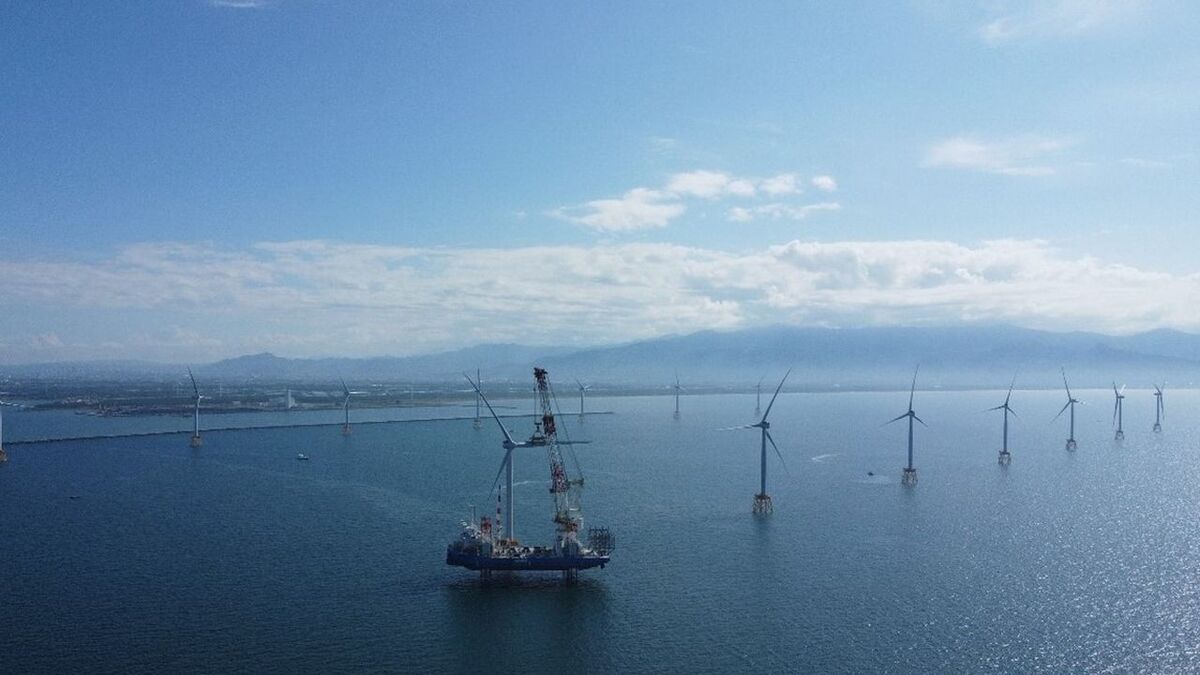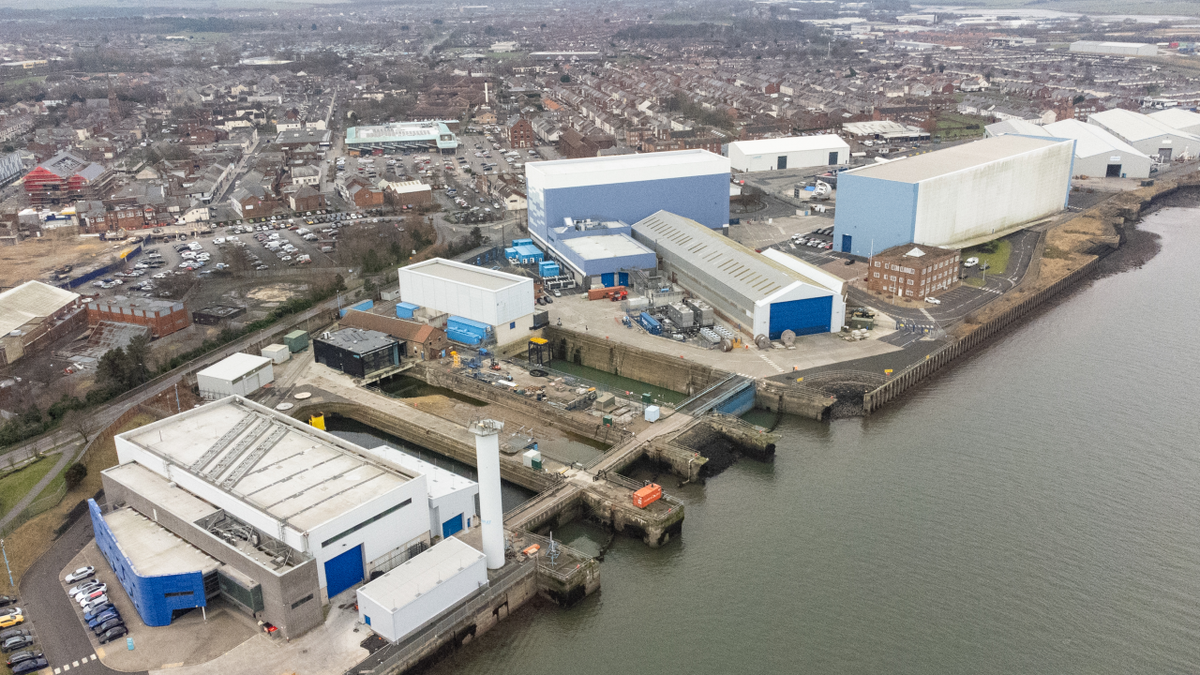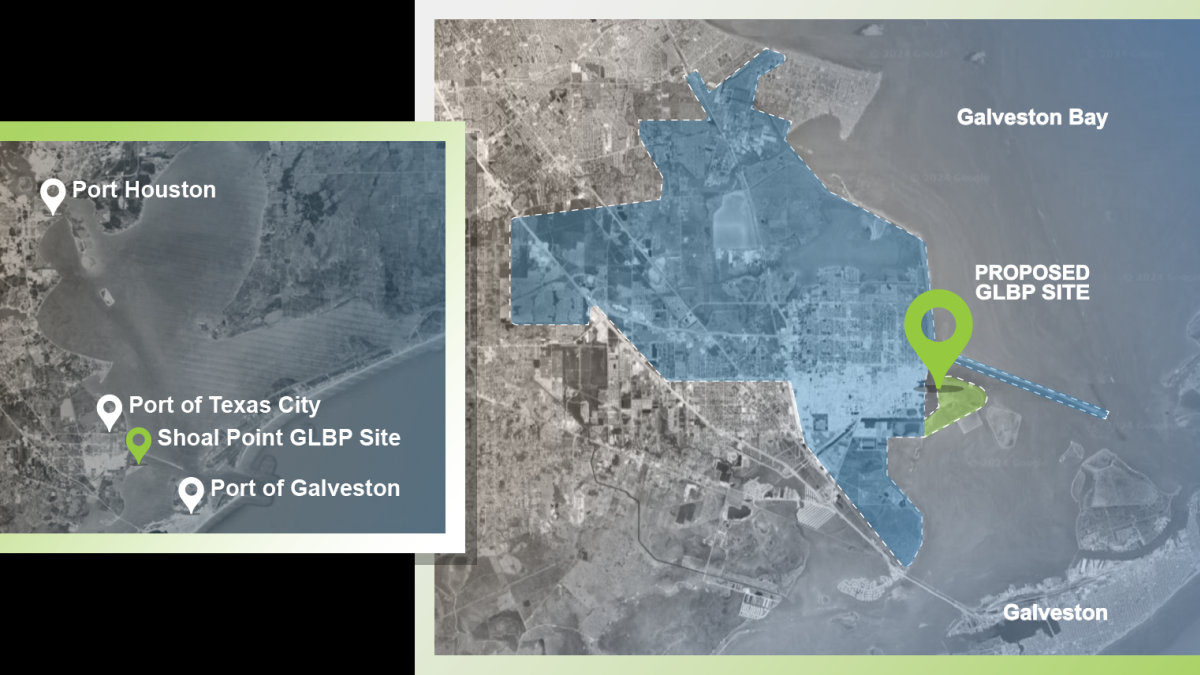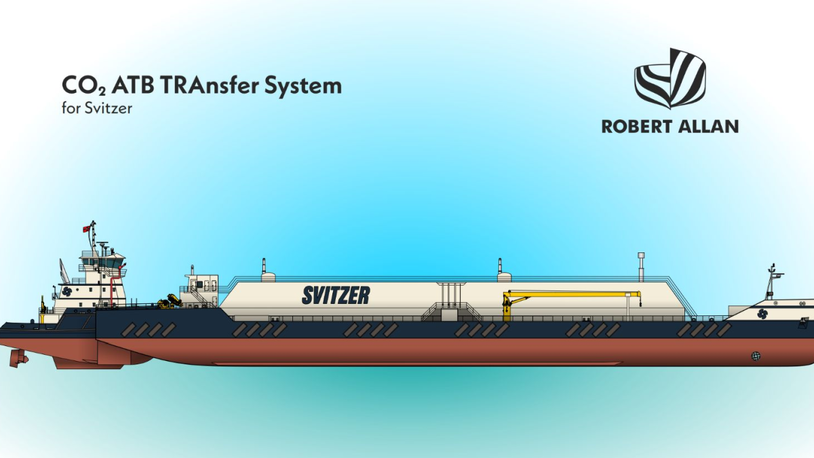Business Sectors
Events
Contents
KSS Line invests in IoT and VSAT for fleet efficiency
KSS Line is investing in internet-of-things (IoT) technology and connectivity to maximise the efficiency of its gas-ship fleet
The South Korean owner of LPG, LNG and chemical carriers has contracted Hyundai Global Services (HGS) to provide a package of satellite communications and smart ship technology. The package combines HGS’ integrated smart ship (ISS) solution and Inmarsat’s satellite communications services.
ISS is an IoT platform developed by Hyundai Heavy Industries to support vessel operations and equipment optimisation. This is supported by Inmarsat’s dedicated bandwidth services.
The contract covers 15 KSS Line ships, including five new very large gas carriers and 10 already in operation.
Hyundai Heavy Industries is building the five new 47,450 gt ships with around 84,000 m3 capacity for delivery from 2021. It has constructed six other very large gas carriers for KSS Line, also 84,000 m3 capacity, between 2014 and 2017, plus three 125,000-m3 capacity LNG carriers in the 1990s.
KSS Line plans to upgrade its entire fleet, including LPG carriers built by Hyundai Mipo, Shitanoe and Mitsubishi and shortsea chemical tankers built by Shitanoe and Daesun shipyards.
“Our plan is for our entire fleet to be operating using the ISS and satellite communications solutions by 2021,” said a KSS Line spokesman.
“KSS Line is committed to continuous enhancement of its information communication technology environment to maximise fleet efficiency and reinvest the resulting savings into its business expansion,” he said.
The five new ships will be equipped with ISS during the building phase, enabling their operators to manage assets more effectively and efficiently.
The 10 existing vessels will be provided with separate supporting web services to relay weather conditions and ship locations. These packages will enable large volumes of measured data to be transmitted between ship and shore, facilitating remote operations and vessel management, monitoring and analysis services through Inmarsat’s Fleet Connect dedicated bandwidth.
This is separate from the vessel’s Fleet Xpress connection used for daily business traffic and crew internet use for welfare services.
- Inmarsat tests IoT 5G satellite communications
- Owner commits to VSAT and 5G connectivity
- New Inmarsat GX antenna technology launched
Fleet Xpress combines Ka-band connectivity through Inmarsat’s Global Xpress satellite constellation and L-band through FleetBroadband.
ISS is a direct result of a collaboration between HGS, Intellian and Inmarsat.
HGS director Kyoungsoo Ahn said the KSS Line contract is a “breakthrough for our ISS and satellite communications solution”. He said it was “a milestone for maritime digitalisation, delivering always-on IoT in a single package with dedicated bandwidth that can be installed on existing ships or embedded at newbuild.”
Inmarsat Maritime president Ronald Spithout said Fleet Connect will be “a vital part of the service” and it highlights how Fleet Xpress is more than just a VSAT connectivity pipe.
“ISS solution has a line-fit satellite communications service at its heart, which means that an owner such as KSS Line can benefit from a service that is built-in by the shipyard and fully operational on delivery,” said Mr Spithout.
Intellian chief executive Eric Sung expects more owners to follow the lead of KSS Line to invest in similar technology. “Smart shipping is an area of growth and importance for the maritime industry, with the opportunity for customers to gain efficiencies and cost savings on vessel operations,.”
Intellian will supply VSAT hardware including antennas for Global Xpress and FleetBroadband connections and the controlling and connectivity terminal equipment on KSS Line ships.
Connectivity, smart shipping and IoT technology adoption will be discussed extensively during Riviera’s series of webinar weeks and virtual conferences during Q4 2020 and into Q1 2021 - use this link to access more details of planned events
Related to this Story
Events
Maritime Regulations Webinar Week
Floating energy: successfully unlocking stranded gas using FLNGs and FSRUs
© 2024 Riviera Maritime Media Ltd.


